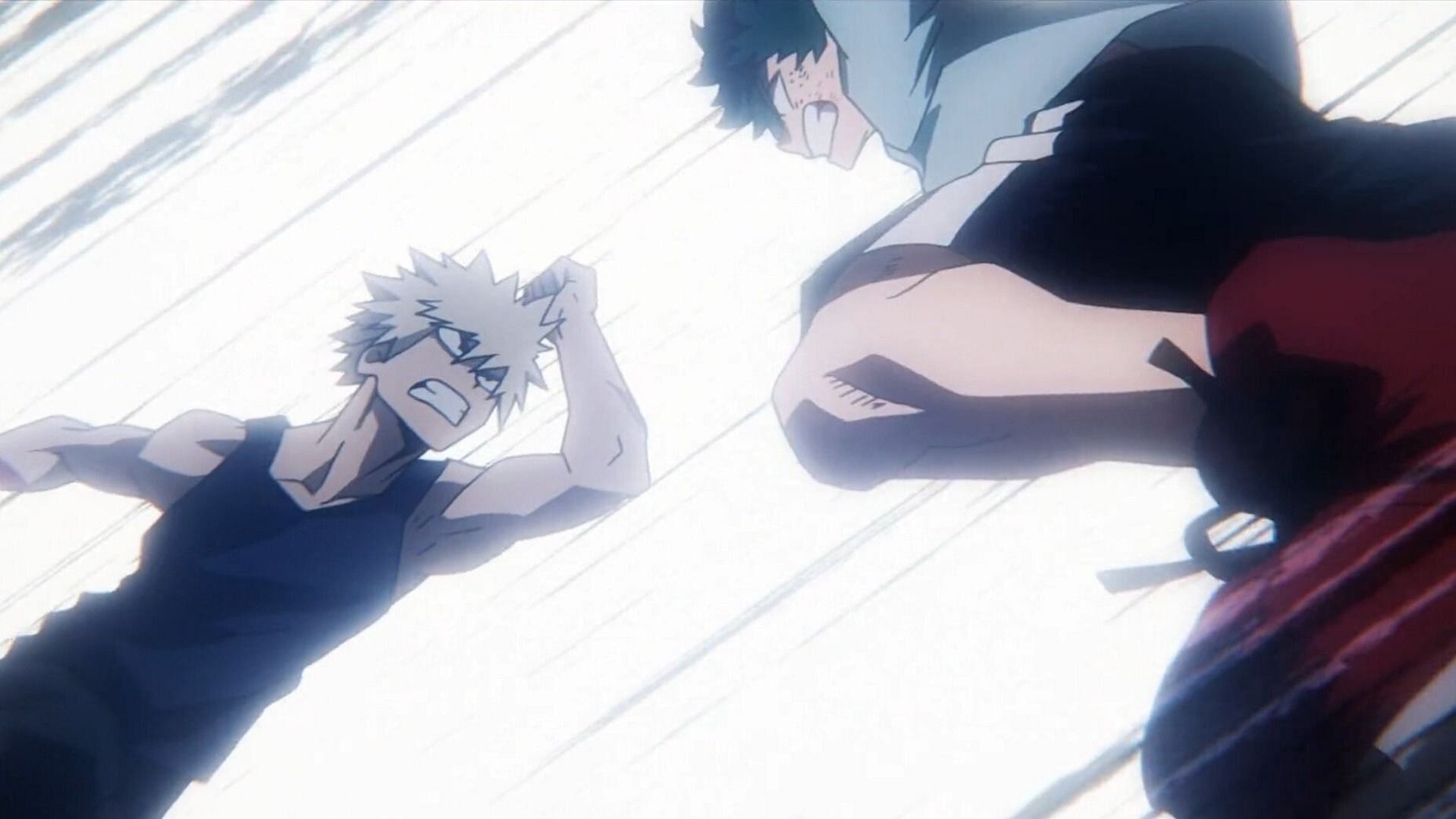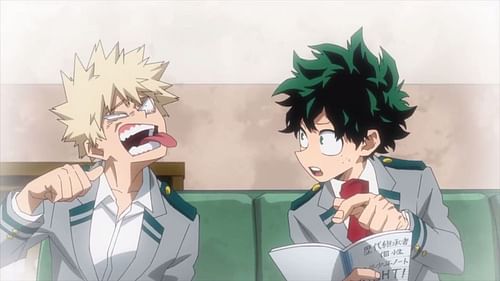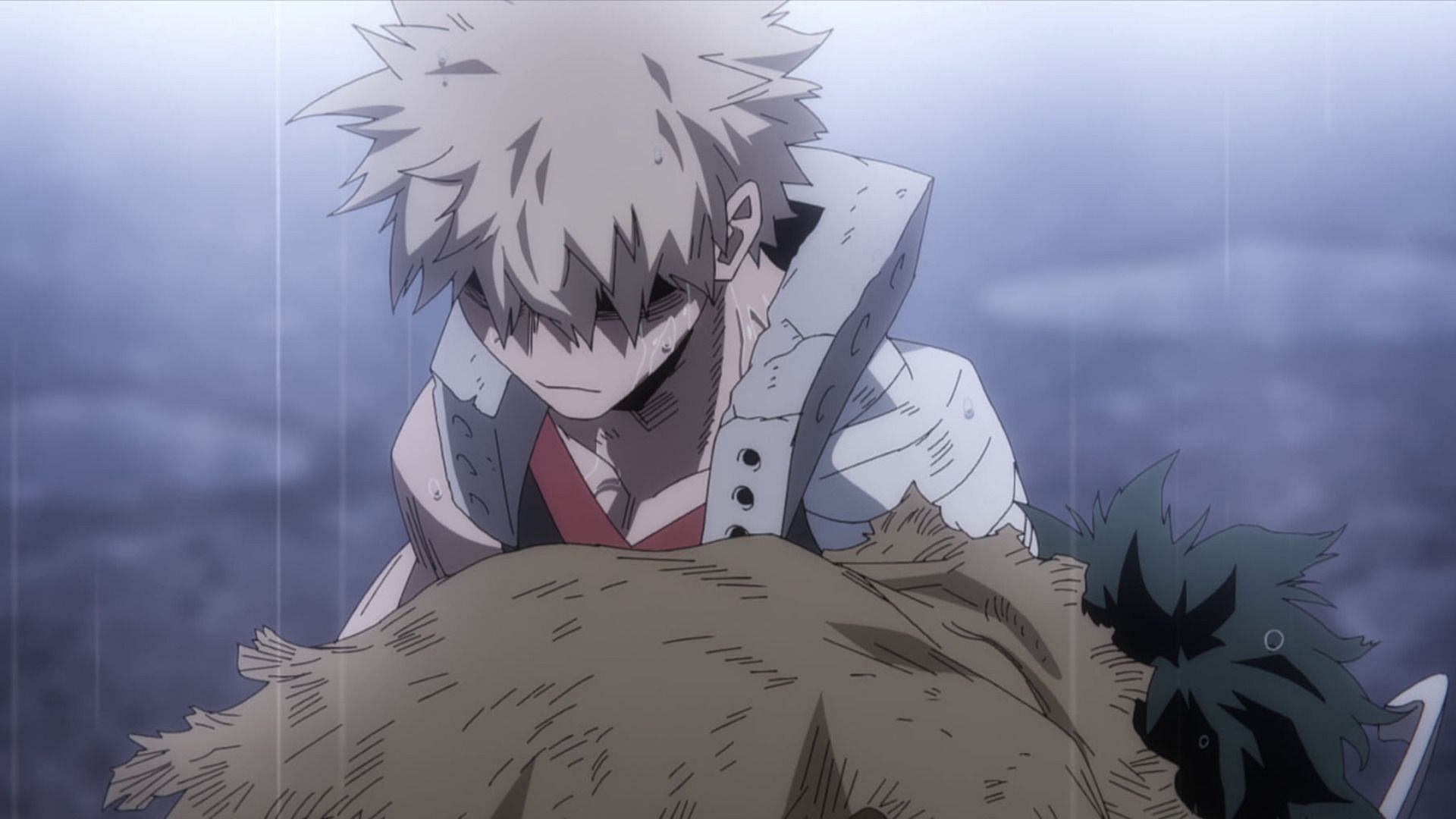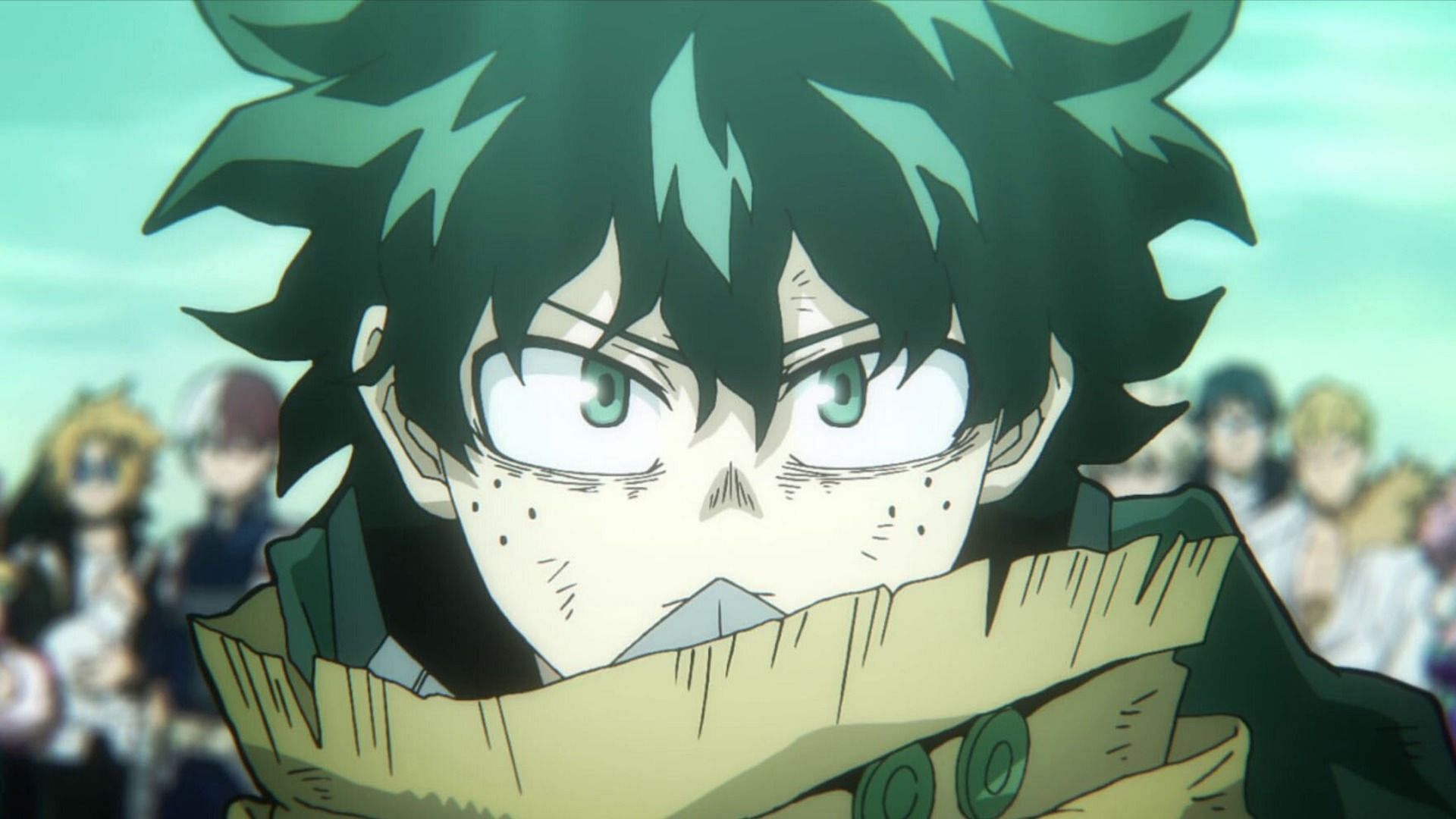
Why Deku not joining Bakugo's Hero Agency was a good choice in My Hero Academia, explored
In My Hero Academia, Izuku Midoriya, aka Deku, and Katsuki Bakugo's relationship is quite a dynamic and emotionally charged aspect of the story. Bakugo’s loud, aggressive personality and Deku's calmer, more mature demeanor make the two polar opposites. In the manga, Deku ultimately does not join Bakugo’s hero agency, highlighting this distinction and their contrasting approaches to heroism and personal growth.
Such a choice reflects the deep character development both Heroes have undergone. It also accentuates the themes of independence and individuality woven into the story by creator Kohei Horikoshi. Deku’s journey mainly focused on mastering One For All, forging alliances, and working for the greater good. Joining Bakugo's agency could have defeated what he did for the entire story.
It would have worked to fizz out the well-written competition between the pair. Deku and Bakugo's rivalry has been a hot topic since the beginning, and ending it with the former joining the latter's agency wouldn't have been fitting.
Disclaimer: This article reflects the author's opinions.
My Hero Academia: Deku flying solo was an apt choice

As per the updated ending, i.e., My Hero Academia chapter 431, Bakugo casually hints at Deku joining his Hero Agency. Following a drop in rankings, Bakugo wanted sidekicks to work with as many of his previous applicants gave up due to his fiery personality. Bakugo subtly offers Deku an opportunity to join him, which the green-haired boy declines.
This decision is likely the best outcome, considering Deku and Bakugo's dynamic throughout the story. It began as a one-sided relationship, with Bakugo relentlessly bullying Deku. But then, it evolves into a more complex mix of respect, competition, and personal growth.
Their rivalry was a powerful narrative tool that shaped both characters, underscoring how each approached heroism. Deku’s call to decline such an offer reinforces their individuality and the story's broader themes.
In the beginning, Deku's relentless drive to help others does little to change Bakugo's view of him — weak and inferior being Quirkless. Later, it is revealed that this was rooted in Bakugo’s own insecurities and his inability to reconcile with Deku’s unrelenting spirit.
However, their dynamic changes with time as Bakugo starts to recognize Deku’s growth and his efforts to control One For All (OFA). Elsewhere, Deku evolves to aim to surpass Bakugo.

A major event for the pair was when Bakugo was compelled to face his feelings of inadequacy and guilt over All Might’s decline. At this point, the pair began to view each other as equals. Thus, their rivalry became more of a push to improve themselves rather than animosity.
Further, Deku’s decision reflects how far each has come in their individual journeys. Growing with mutual respect, their views on heroism remain distinct. Bakugo’s naturally loud and aggressive style is at odds with Deku’s analytical and empathetic outlook.
By not joining Bakugo, Deku asserts his dedication to carving out his own path, i.e., as an educator who can reach more individuals and help them with their respective journeys and Quirks. Moreover, he also states that he is satisfied in a role like this and doesn't mind the lack of Hero stuff. Deku's rejection also holds importance from a storytelling perspective.
A decision like this stresses individuality, another important theme in My Hero Academia. As seen, each Hero was highly encouraged to develop and play to their unique strengths. It also aligns with My Hero Academia's broader themes like resolve, introspection, and the diversity of heroism. There isn't a single method to becoming a Hero, and each individual must navigate their own path, facing difficulties and victories.
Deku's strategic mind, empathy, and adaptability better serve him as an individual. Not to say that he wouldn't work well with Bakugo, but even so, there will always be a rivalry between the pair. Moreover, Bakugo leading his own agency allows him to develop as a leader and work to control his impulsiveness. Recognized as a Pro Hero, he can solidify his identity and rise up the rankings, provided he doesn't yell at fans again.
Final thoughts

With the added chapter 431, My Hero Academia's Horikoshi wrapped up the series in a fitting way. Among the many developments that were seen, Deku and Bakugo's interaction created a buzz in the community. Considering their long history, Deku's refusal of Bakugo's offer to join his agency received mixed but mostly positive reactions from fans.
Their rivalry was vital to My Hero Academia, fueling the emotional and narrative tension. This final bit is a testament to their growth as both individuals and Heroes. It highlights how important it is for one to walk their own path, putting aside shared goals and mutual respect.
As such, both characters can continue challenging each other while holding onto their individuality, making the pair and their dynamic ever so compelling.
Related links:
- All 7 Class 1-A students who became a top 20 pro-hero after the My Hero Academia Timeskip
- Horikoshi confirms working on his next series after My Hero Academia in latest interview
- My Hero Academia gives Ochaco and Deku the happy ending they deserved with the extra epilogue